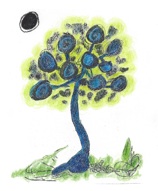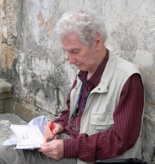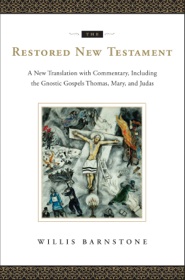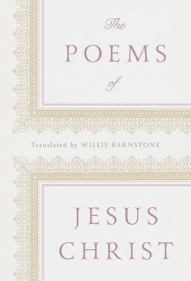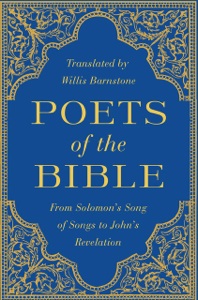Many parts
© 2010-2015 Willis Barnstone. All Rights Reserved
Site by Barely Sober Media, LLC
Phoenix | Hollywood, CA
Willis Barnstone's first teaching position was instructor in English and French at the Anavryta Classical Lyceum in Greece, 1949–50, a private school in the forest of Anavryta north of Athens, attended by prince Constantine, the later ill-fated king of Greece, who was then nine years old. In 1951 he worked as a translator of French art texts for Les Éditions Skira in Geneva, Switzerland. He taught at Wesleyan University, was O'Connor Professor of Greek at Colgate University, and is now Distinguished Professor Emeritus of Comparative Literature and Spanish at Indiana University where he has been a member of East Asian Languages & Culture, and the Institute for Biblical and Literary Studies. He started Film Studies at Indiana and initiated courses in International Popular Songs and Lyrics and Asian and Western Poetry.
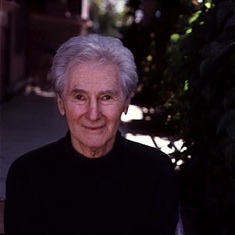
Barnstone's pioneer biblical work is The Restored New Testament, Including The Gnostic Gospels of Thomas, Mary, and Judas. In this annotated translation and commentary, he restores the Latin, Greek, Aramaic, and Hebrew names to their original form. For Pilate, Andrew, Jesus and James, one reads Pilatus, Andreas, Yeshua, and Yaakov. To reveal the poetry of the New Testament, in the Gospels he lineates Jesus's words as verse and renders Revelation and the Letters of Paul into blank verse. In his introduction he calls Revelation (Apocalypse) the great epic poem of the New Testament.
The Library Journal in its 7/15/09 issue wrote, "In an achievement remarkable by almost any standard, and surely one of the events of the year in publishing, renowned poet and scholar Barnstone has created a new and lavish translation—almost transformation—of the canonical and noncanonical books associated with the New Testament. In part a continuation of his work in The New Covenant, Commonly Called the New Testament (2002) and The Other Bible (2005), and in many ways the completion of the pioneering efforts of other modern translators like Robert Alter, Reynolds Price, and Richmond Lattimore, The Restored New Testament offers a completely new version of familiar and unfamiliar texts, restoring the likely Hebrew forms of names, and strongly emphasizing the poetic and almost incantatory passages that have been obscured within the New Testament. Barnstone also substantially reorders the traditional arrangement of books for reasons he ably expounds in an extended and learned yet accessible preface. The high bar Barnstone has set for himself is the creation of an English-language Scripture that will move poets much as the 1611 King James Version moved Milton and Blake. Only time will tell if Barnstone has achieved his goal, but his work is fascinating, invigorating, and often beautiful."
A Guggenheim fellow, he has four times been nominated for the Pulitzer Prize in Poetry, and has had four Book of the Month Club selections. His poetry has appeared in The Paris Review, The New Yorker, Poetry Magazine, The New York Review of Books, and The Times Literary Supplement. His books have been translated into diverse languages including French, Italian, Romanian, Arabic, Korean, and Chinese. Barnstone lives in Oakland, California, with his wife Sarah Handler A full-time writer, he gives poetry readings, often with his daughter Aliki Barnstone and son Tony Barnstone
